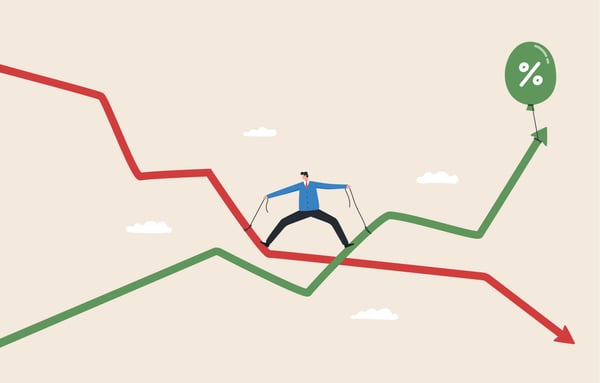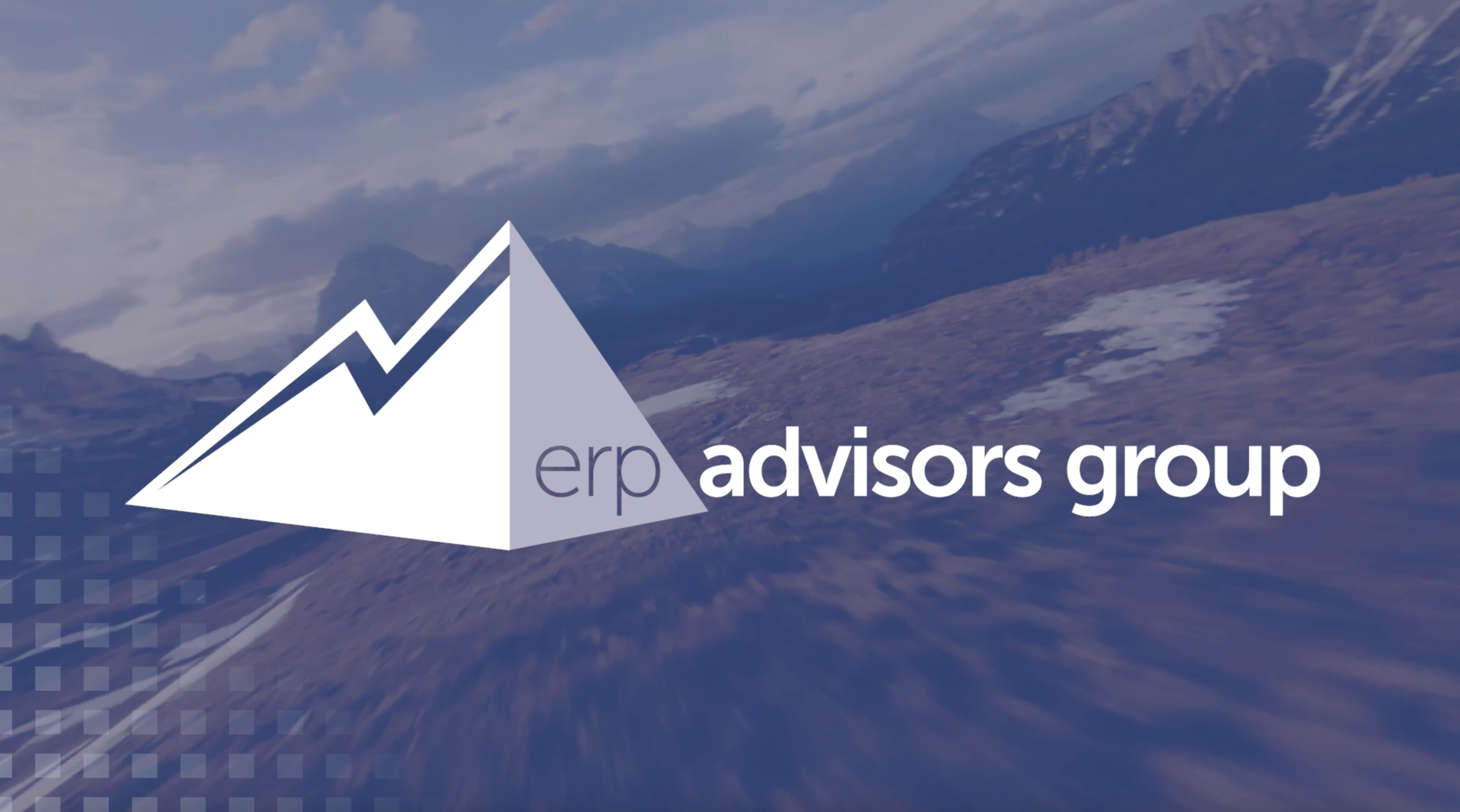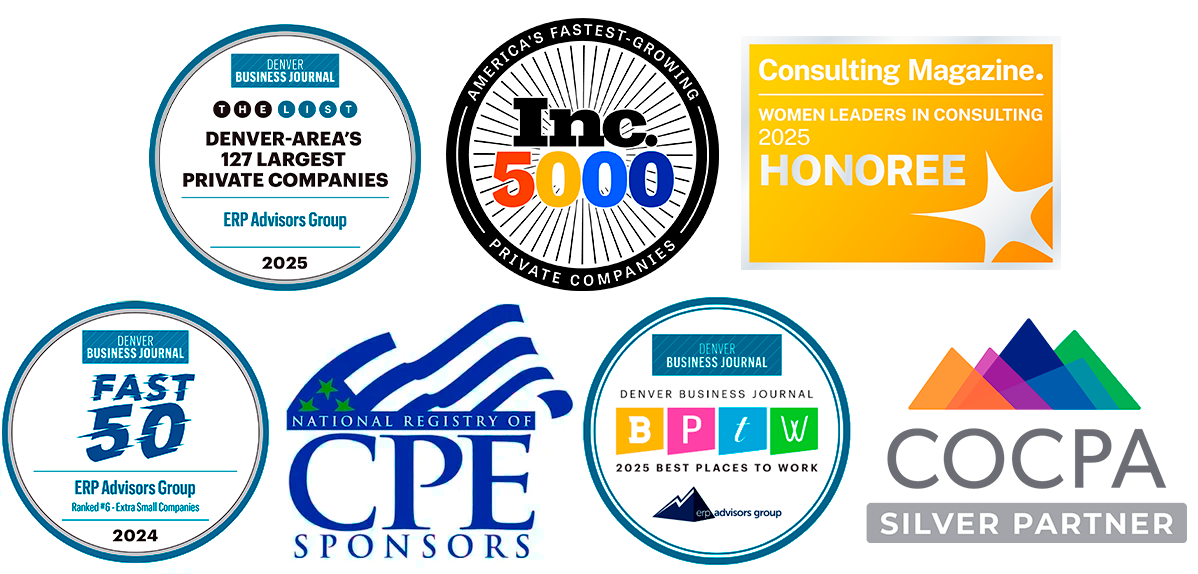
The economy can be a rollercoaster, with ever-evolving trends, technological advancements, and more. During a time when banks are failing, oil prices are going up, and there is continuing leadership turbulence in the country, it can be difficult to be optimistic about the future state of the market or even begin to consider a potential ERP evaluation, but is that really the right mindset? Join ERP expert, Shawn Windle, in evaluating the case for ERP during uncertain times.
A Case for Investing in ERP During Turbulent Times
The economy can be a rollercoaster, with ever-evolving trends, technological advancements, and more. During a time when banks are failing, oil prices are going up, and there is continuing leadership turbulence in the country, it can be difficult to be optimistic about the future state of the market or even begin to consider a potential ERP evaluation, but is that really the right mindset?
Why are Businesses Hesitant to Invest in ERP During Economic Downturn?
Every organization has fundamental responsibilities and processes that eventually come down to cash, forcing many businesses to ask themselves if they want to tie up their capital in a potentially opportunistic project or hold on to it in case something happens. Unfortunately, when you are unsure what the worst-case scenario may be, it can be easy to take a defensive position and do-nothing during times of uncertainty; however, this may not be the best strategy for your organization. Executives must consider their processes, their customers, their people, their position, and more to truly evaluate the landscape and case for new ERP, despite economic factors.
Major Considerations When Confronting an ERP Evaluation During Uncertain Times
It is difficult to power on toward an ERP evaluation when the macroeconomic factors appear stacked against the success of the project. At its core, there are three main points of consideration when building your business case for an ERP project, regardless of economic trends.
1. If you do not really have to change ERPs, then don’t do it!
During turbulent economic times, cash becomes king, forcing businesses to cautiously approach potential growth opportunities and other major projects. Frankly, during an economic downturn, it is not the time to make opportunistic investments without careful consideration. The case differs from business to business; therefore, it is vital to ensure it is the right time for your business, regardless of economic factors. Unsure of your business's potential for an ERP project? Contact an expert ERP consultant today for a free consultation.
2. There is a difference between selecting software and purchasing software.
A market slowdown may be the perfect time to undergo an ERP evaluation because, during this time, you are likely attempting to build a solid business case to garner buy-in for the project. ERP evaluation and selection are not light undertakings and require significant resources and efforts to accurately represent your business’s needs and select a solution that meets those requirements. Remember, just because you are taking the steps to evaluate an ERP and consult with experts, does not mean you must buy the application immediately. Additionally, a full needs analysis of your organization and evaluation of potential vendors in relation to business requirements takes time, making it an opportune time to do your homework during the downturn to ensure you are able to implement the solution once the times are good.
3. What ultimately drives the success of an ERP is the internal team.
At the end of the day, regardless of economic changes or impacts, the business’s internal team and people are what will ultimately lead to the success of an ERP project, from evaluation to implementation and beyond. If your business has the right team that has the availability now, it may be time to confront an ERP implementation.
If all factors align with your organization, the next step is to build an airtight business case for a new ERP. During an economic downturn, it is best to leverage the downtime to create real value by researching ERP options and preparing your team, rather than patiently waiting for the market to turn around.
Building a Business Case for ERP During Economic Downturn
At a minimum, your organization should be certain that you need a new ERP, be clear in your goals of selecting versus purchasing software, and have the right team members in place to succeed. Beyond these fundamental concerns, many other factors will contribute to your overall business case for an ERP upgrade, especially during uncertain times.
Enterprise software is one of the biggest business investments a company is ever going to make because it offers a centralized data source, or mind, allowing for information to freely flow in and out of the system while also automating tedious, manual tasks. These significant process advancements mean you can never go wrong when it is the right time for your organization to upgrade as the operational enhancements will immediately improve an organization's ability to deliver. Additionally, organizations on legacy platforms will not attract the technologically sophisticated talent now saturating the market, while also alienating current employees frustrated by outdated processes.
Similarly, enterprise technology is advancing further than it ever has before, especially advancements in Robotic Process Automation, Artificial Intelligence, Machine Learning, and more. With so many advancements, it can be difficult to keep up or catch up when you fall behind. The best time to ensure you are up-to-date on technological trends is during an economic downturn when your team is prepared and your business is in the position to upgrade. These simple steps enable your business to not only succeed in emerging markets but thrive when positioning yourself as an innovator and market leader.
Conclusion
Overall, there are always winners and losers in the market, and the winners are those who evolve, take risks, and ultimately succeed. You cannot lose with ERP if the fundamentals are in place, and you have the right partners and pieces to launch an ERP project, ultimately boiling down to your mindset when times get tough. When all factors point toward an ERP upgrade, do not allow potential economic turbulence to prevent you from investing.





